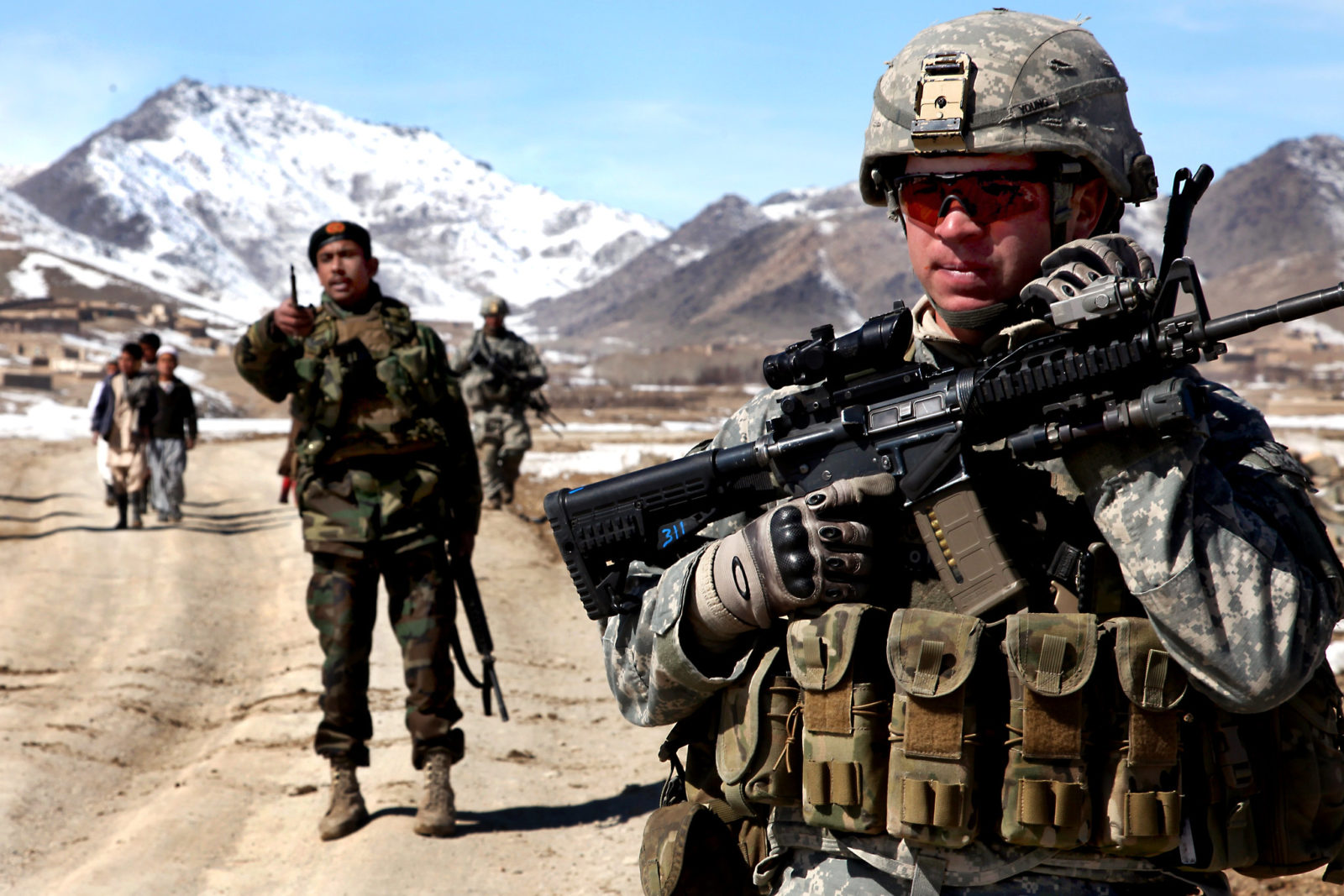Many thanks to Scott Shaffer, president of the Veterans Democratic Club of San Diego County, for sharing this note from the Department of Veterans Affairs earlier today.
Fellow Veterans,
The situation in Afghanistan can create a lot of different reactions among veterans. At times like these, let’s ensure we’re all here to support one another.
Please keep in mind the variety of resources offered by the Department of Veterans Affairs below.
Very respectfully,
J. Scott Shaffer
President, Veterans Democratic Club of San Diego
Veterans from all eras are reacting to the ongoing and rapidly-changing events in Afghanistan, including the U.S. withdrawal and subsequent takeover by the Taliban.
Veterans may question the meaning of their service or whether it was worth the sacrifices they and their colleagues made. They may feel more moral distress about experiences they had during their service.
It’s normal to feel this way.
Talk with your friends and families, reach out to battle buddies, connect with a peer-to-peer network, or sign up for mental health services. Scroll through the list below for organizations and groups addressing common reactions and offering coping advice.
- Veterans Crisis Line – If you are having thoughts of suicide, call 1-800-273-8255 and press 1, or visit the Veterans Crisis website for more.
- VA Medical Centers – For emergency mental health care, you can go directly to your local VA medical center at any time 24 hours a day, seven days a week, regardless of your discharge status or enrollment in other VA health care.
- Vet Centers – Discuss how you feel with other veterans in these community-based counseling centers, where a minimum of 70 percent of staff are veterans. Call 1-877-927-8387, or find a Vet Center near you.
- VA Mental Health Services Guide – This guide from the Department of Veterans Affairs will help you sign up and access mental health services.
- Make the Connection – This website includes information and stories of recovery, along with resources, veteran-to-veteran videos for challenging life events and experiences with mental health issues.
- Rally Point – A message board service and opportunity to talk with other veterans on-line.
- Self-Help Apps from the VA – This page includes tools and download links for apps to help with common reactions like, stress, sadness, and anxiety. You can also track your symptoms over time.
- Tragedy Assistance Program for Survivors (TAPS) – You can request or become a TAPS peer mentor.
- VA Women Veterans Call Center – Call or text 1-855-829-6636 Monday through Friday 8 a.m. to 10 p.m., and Saturday from 8 a.m. to 6:30 p.m. (hours are Eastern time)
- VA Caregiver Support Line – Call 1-855-260-3274 Monday through Friday 8 a.m. to 10 p.m., and Saturday 8 a.m. to 5 p.m. (hours are Eastern time)
- Together We Served – This website enables you to find and reconnect with colleagues and battle buddies through unit pages.
- American Red Cross Military Veteran Caregiver Network – Red Cross website offering peer-based support and services to connect those providing care to service members and veterans living with wounds, illnesses, and injuries.
- Team Red, White and Blue – Website offering hundreds of veteran-related events, with 16 chapters in California alone. Find a chapter in your area here.
- Student Veterans of America – The nation’s premier organization leading service, research, programs, and advocacy for veterans in higher education. Find a campus chapter to connect with.
- Team Rubicon Disaster Response – This small group is focused on populations often overlooked or underserved by traditional aid organizations.
Banner photo of a 173rd Airborne Brigade trooper on patrol with Afghan soldiers in Wardak province by Sgt. Russell Gilchrest, courtesy of the U.S. Army.

